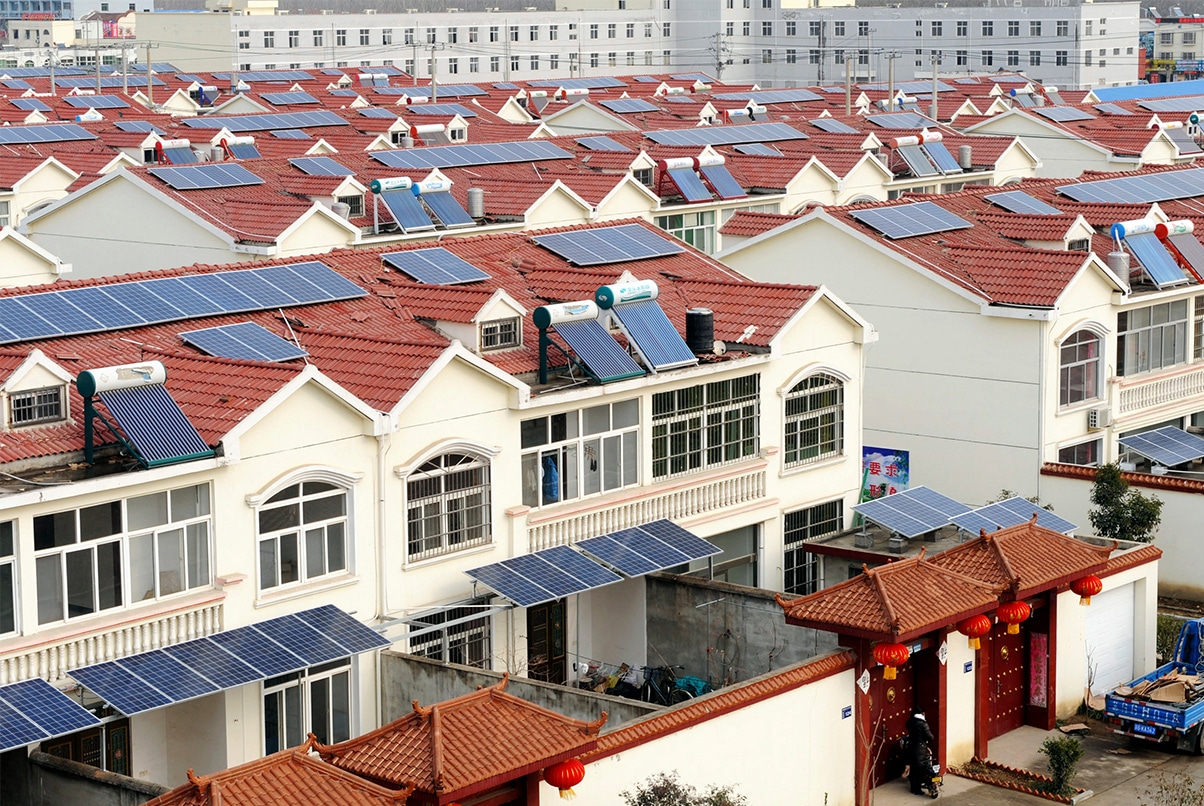- January 22, 2015
Rethinking China’s Low-Carbon Strategy
Zhang argues that, for China to improve its low-carbon development efforts, it needs to rethink its underlying strategy, or rather the lack of one.
Central elements of her proposed approach include less reliance on administrative means and greater reliance on market incentives; more openness; more attention to innovation; and an enhanced role for actors beyond the Chinese state. She also proposes a re-think of the low-carbon-related dimensions of China’s national urbanization strategy. Ultimately, Zhang argues that gaps exist between what China has managed to achieve under the present system and what the world expects China to achieve, not to mention what China must achieve in order to rise to its self-imposed goal of achieving technological leapfrogging. Her paper offers a comprehensive look at this issue in the Chinese context.
Stay Updated with MacroPolo
Get on our mailing list to keep up with our analysis and new products.
Subscribe

